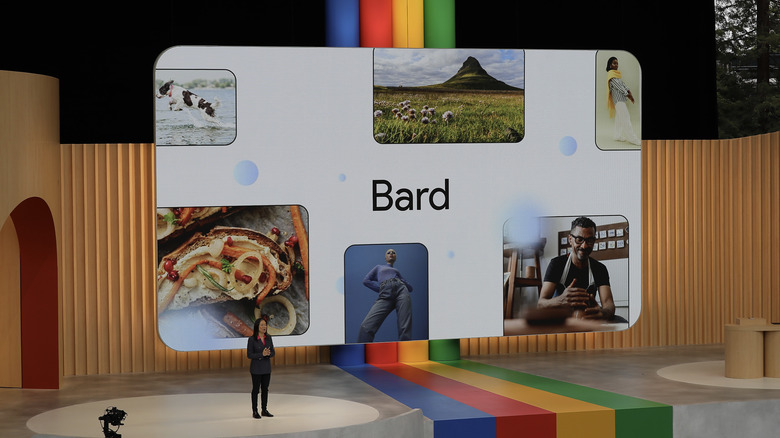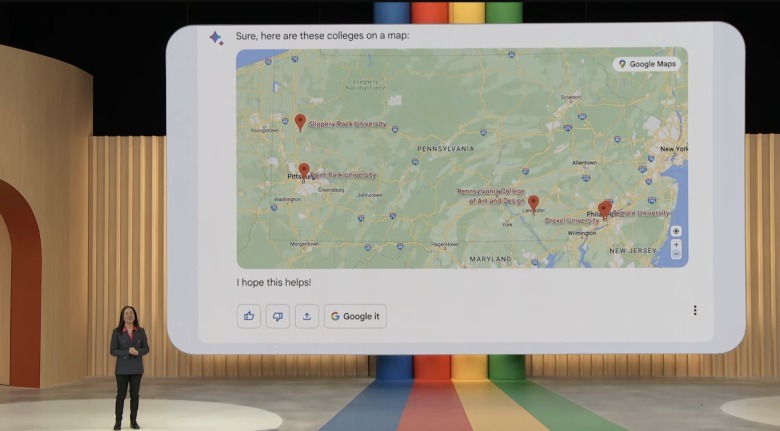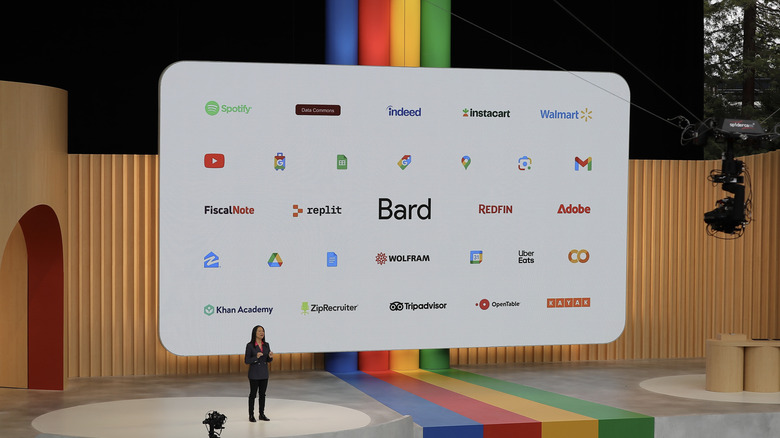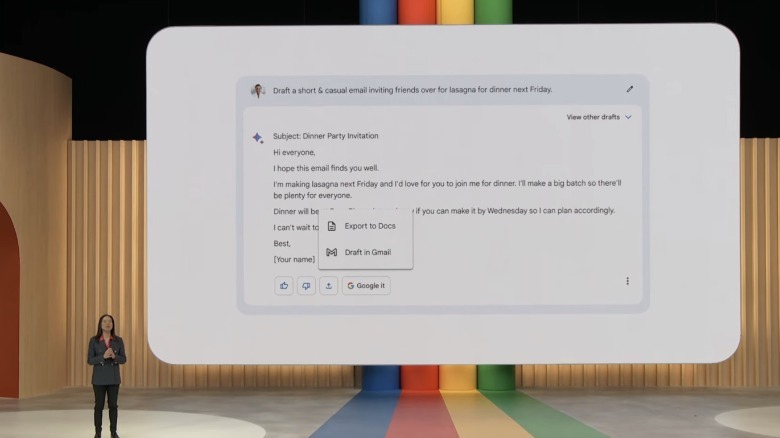Google's Bard AI Just Dropped The Wait List
Google is finally dropping the waitlist system for Bard, its in-house generative AI rival to OpenAI's ChatGPT and Microsoft's Bing Chat. Bard is now available to users in over 180 countries and has added support for more languages. Google's announcement comes barely a week after Microsoft announced that Bing Chat, based on OpenAI's latest-gen GPT-4 language model, was ending its waitlist to let everyone access the AI chatbot.
Aside from making Bard more easily accessible, Google is also adding a host of new tricks. To start, Google is upgrading Bard to the PaLM2 model, which enhances reasoning and coding skills. In the not-too-distant past, Google flubbed with Bard during the first public presentation and had a sizeable downward slide in its stock price. In addition to upgrading Bard's inherent language model, Google is adding new user-facing capabilities.
Bard's summarised answers will no longer be a wall of text. Instead, Google is making those responses more immersive with visuals, which look like a vertically-scrolling carousel that offers a better idea of what users are reading about. Bard will also offer the flexibility of making things work the other way around, which means your prompts can now include text and images. Call it reverse Google Image search but on generative AI steroids. This capability comes to life with Google Lens integration in Bard.
Bard shows special love to coders
Google is bringing Bard to its suite of productivity tools like Docs, Sheets, and Gmail, among others. In the coming months, Workspace customers will have access to features like making Bard write the cover letters or one-click exporting of information to a Sheets page. By the end of the year, it will be available to all users widely. But Google is not keeping Bard limited to its own ecosystem. Notably, Bard capabilities will soon be available via browser extensions, like OpenAI selling ChatGPT plug-ins and APIs to commercial partners like Expedia, Instacart, and Klarna. Google's I/O presentation, on the other hand, listed heavyweight partners like Spotify, Walmart, Khan Academy, and Uber Eats.
The company says coding has been one of Bard's most feverishly embraced use-case scenarios. Unsurprisingly, the company is paying particular attention to coding as a result. Soon, Bard users can mash their way on a keyboard while watching their code execute in dark theme glory. On the practical side of things, Bard will more prominently highlight the source of information using a citation system. Starting next week, clicking on a code or text annotation will take users directly to the source. Bard will also get a new export button that lets developers export their Python code, thanks to Google's partnership with Replit.



